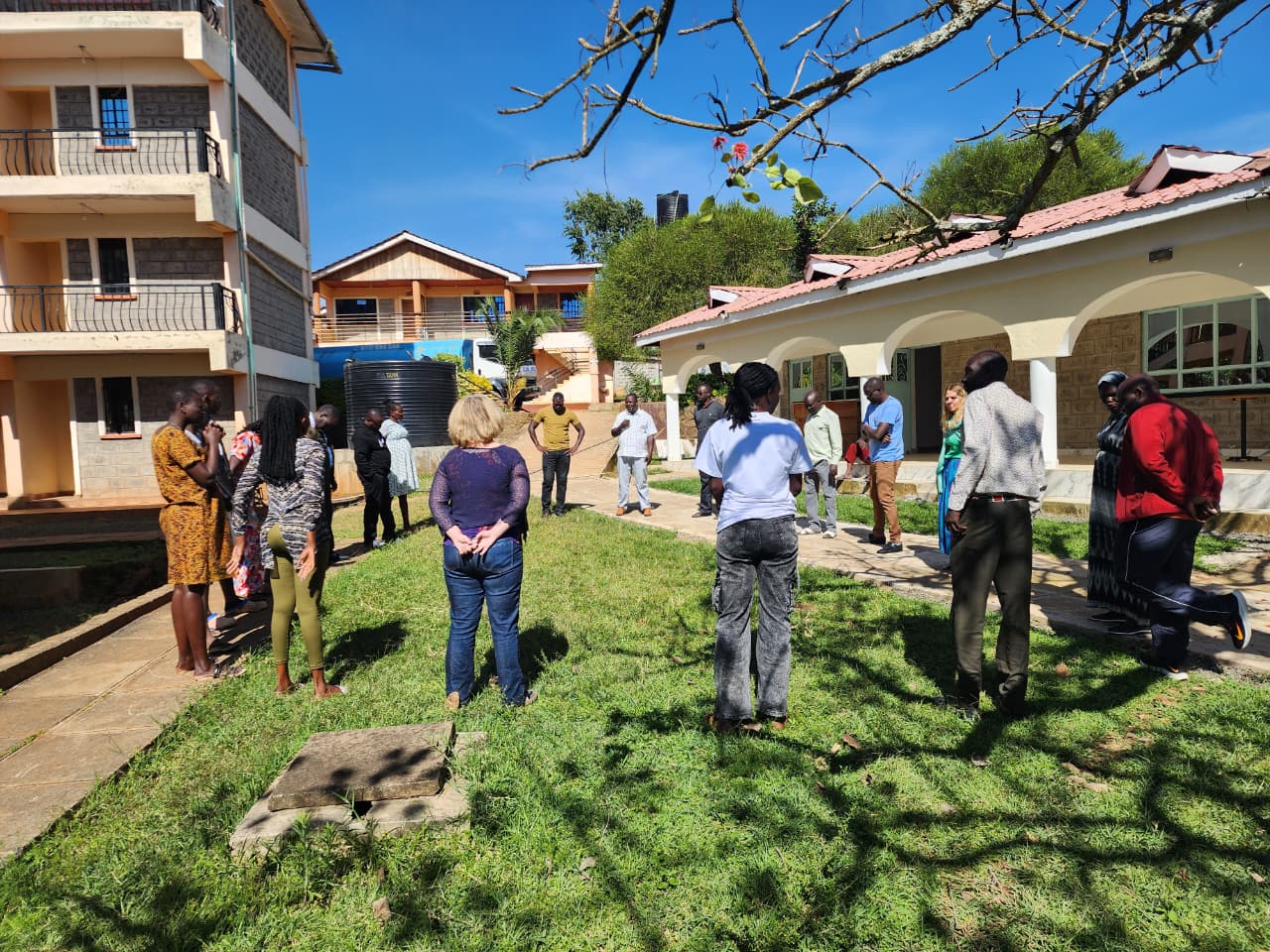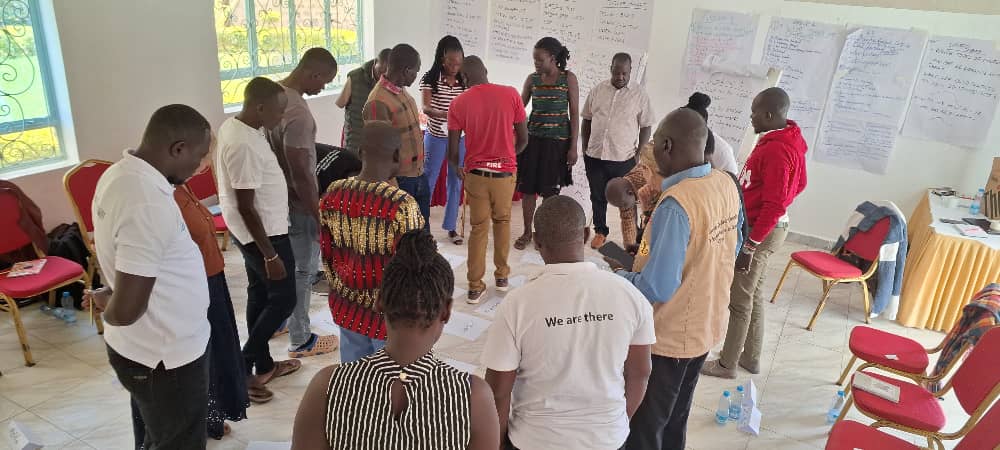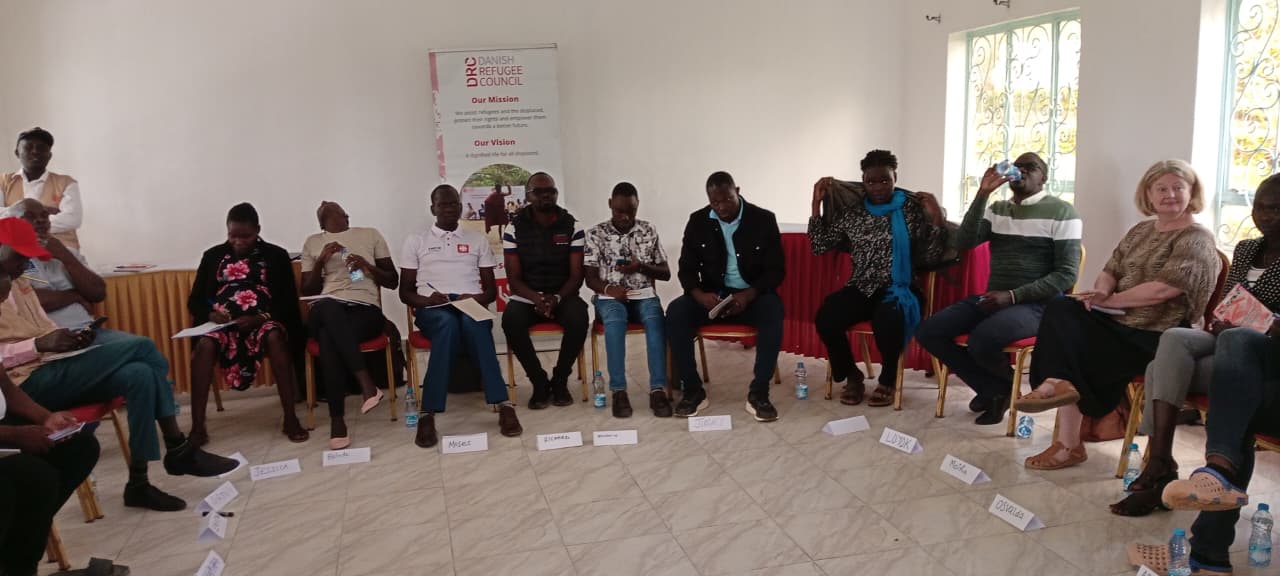The Pastoralist Development Association (APaD) Peace Building & Governance Department has taken a significant step toward fostering sustainable peace in Uganda’s Karamoja region through a week-long Training of Trainers (ToT) on Conflict Management, Climate Change, and Environment.
Facilitated by the Danish Refugee Council (DRC) under the Karamoja Strong Project, with funding from the Danish International Development Agency (DANIDA) and the European Union, the training equipped APaD staff with critical skills to address conflict and promote community resilience.

The intensive program, held in the Karamoja sub-region, focused on enhancing participants’ abilities in key areas, including defining conflict and mediation, developing conflict management strategies, and mastering communication tools.
Trainees also explored the “Conflict Mountain” model, which outlines the stages of conflict escalation and resolution, as well as practical steps for mediation.
Additional sessions covered group facilitation, maintaining impartiality, and conducting conflict analysis to devise context-specific solutions.
“This training is a stepping stone toward building stronger communities and advancing sustainable peace in Karamoja,” APaD stated, highlighting the program’s role in strengthening local capacity for peacebuilding.
The Karamoja region, renowned for its pastoralist communities, has long faced significant challenges, including inter-communal conflicts, resource disputes exacerbated by climate change, and environmental degradation.
These issues have often led to tensions over water, pasture, and livestock, threatening the region’s stability and development.
The Karamoja Strong Project, supported by DANIDA and the EU, aims to address these challenges by promoting peacebuilding, improving governance, and fostering resilience against climate-related pressures.
By equipping APaD staff with advanced conflict resolution and mediation skills, the training aligns with broader efforts to mitigate conflicts in Karamoja, where competition for scarce resources has historically fueled violence.
The focus on climate change and environmental management further underscores the interconnectedness of ecological challenges and conflict, enabling APaD to integrate sustainable practices into their peacebuilding initiatives.

The DRC’s facilitation of the training reflects its commitment to supporting local organisations in conflict-prone regions.
The Karamoja Strong Project builds on collaborative efforts with partners like APaD to create lasting solutions for peace and development.
With their newly acquired skills, APaD staff are better positioned to lead community dialogues, mediate disputes, and promote cooperation among Karamoja’s diverse communities.
As the Karamoja region continues to navigate the impacts of climate change and resource scarcity, initiatives like the Karamoja Strong Project are critical for building a foundation for sustainable peace.

